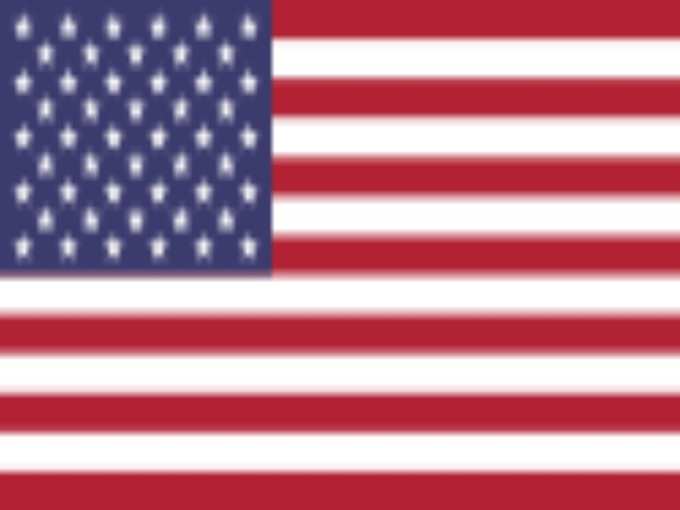
When India-born
That was just the tip of the iceberg that Bharara revealed as compared to what he went through as a young law practitioner in the US in his early days. “I was referred to as Uncle Tom and called all sorts of things due to ‘my eagerness to serve my white masters,” clearly a racist comment coming from an Indian commentator.
So when he grew from an intern into a man who made it to the list of the most important people in US President
The judgmental statements came from both within and outside India. The ‘middle-level Indian diplomat who didn’t pay her maid as per the law’ as Bharara paints the Khobragade incident in clear tones of black and white, saw him meet his roots, ethnicity and integrity questions again.
The uninvited and unnecessary scrutiny around the episode was painful, deeply disturbing and a huge testing time for him and the members of his family. For a man deemed largely successful in his career and performance graph as the US Attorney in Manhattan since 2009, many cases that involved people of South Asian origin were dealt with an iron hand.
This opinion was furthered by the Devyani Khobragade case too. “But, it didn’t bother me much as it bothered my parents. I had to tell my daughter what Uncle Tom meant when the term was repeatedly used in my reference,” he said in his 22-minute speech at the Harvard Law School.
To be candid about one’s journey towards success is one thing. During the times when people are increasingly living false lives, thanks to the frenzy generated by social networking sites and modern lifestyle, to come out human is something commendable.
Baring your chest in front of a young batch of students and a lot others who are going to witness the moment with the aid of technology, either in their living rooms or elsewhere, is more than a ‘daring’ gesture.
We are what we project. And even if there are flaws, we would rather sweep them under the carpet and take a gleaming selfie to show to the world. But with Bharara coming across as human in front of students looking at the life all starry eyed, the world has become a little more tolerant to phases of self-doubt. It’s okay to be in self-doubt, to be self-critical, to be called names. At the end, what matters is whether you are the guy who does his job or the other one!
